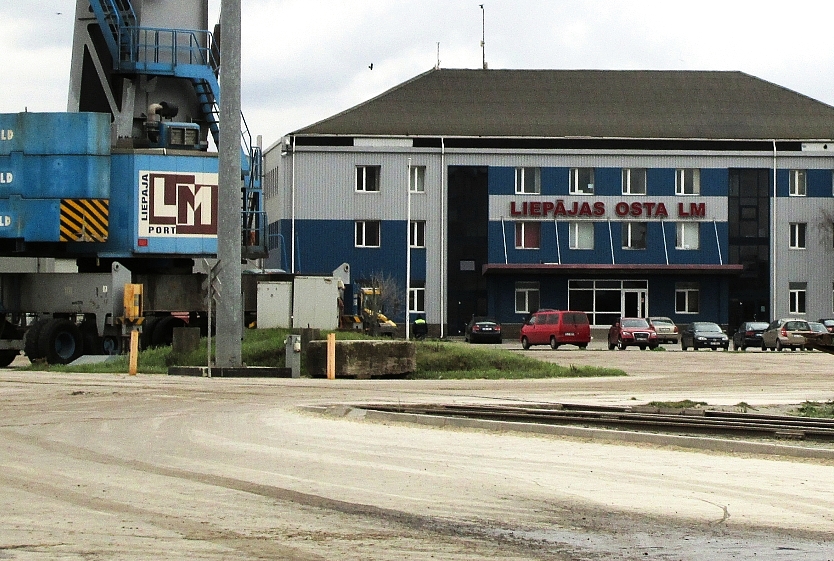In a public release Wednesday, VK announced it has filed a complaint based on its findings on the squandering of state resources with the General Prosecutor’s Office.
The report released by VK states that the LSEZ, which comprises 65% of Liepaja’s municipal territory, has in fact done nothing else but run the affairs of the port authority. The non-profit jointly-run state- and local-government LSEZ Authority’s board has “shown no interest” in any of the rest of the territory inside the LSEZ, therefore – “there has been no activity whatsoever,” the VK statement concludes.
The LSEZ was created in 1997 to bolster trade, manufacturing, shipping and aviation traffic, as well as the international exchange of goods. The zone was supposed to attract investment for infrastructural development and create jobs.
Yet upon examination of the Authority’s records from 2012 and 2013 VK found that its strategic development plan of 2008 existed only “on paper.”
Only one of six sizable projects intended to encourage the port’s development was completed by deadline. Two key harbor dredging projects fell years behind schedule, while the reconstruction of surf breaking barriers that was supposed to be complete by 2010 has yet to be started.
As a result cargo turnover is at 26% below expectations, shipping traffic 34% less than desired, revenues from services 42% less, and income from the use of port roadways 44% under hopes. Moreover, maintenance costs have been increasing while the Authority’s income has shrunk.
“Incompetent or indifferent leadership is reflected in other directions of economic activity,” the VK statement goes on. “The board does not in fact control its merchants and their activities. It should be following how much each enterprise invests and how that supports cargo turnover and development at the port, because these companies have been given tax breaks. Yet nothing of the sort has happened,” reads the release.
The report also cites additional irregularities such as the payment of full compensations to merchants without ensuring their full compliance with cargo turnover requirements. Despite admitting the “vital importance” of developing the LSEZ territory’s infrastructure (utilities, warehouse space), only one proper road has been built. “The board has made excuses that the work must be done in cooperation with the local government, yet there is no proof of any such cooperation,” the statement closes.

























